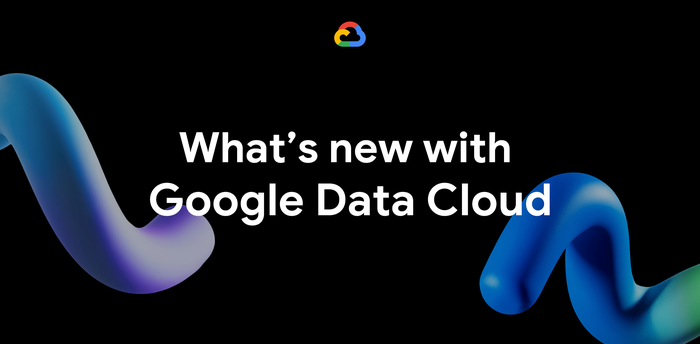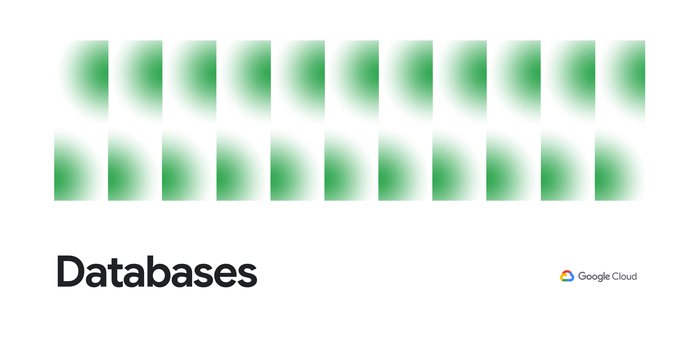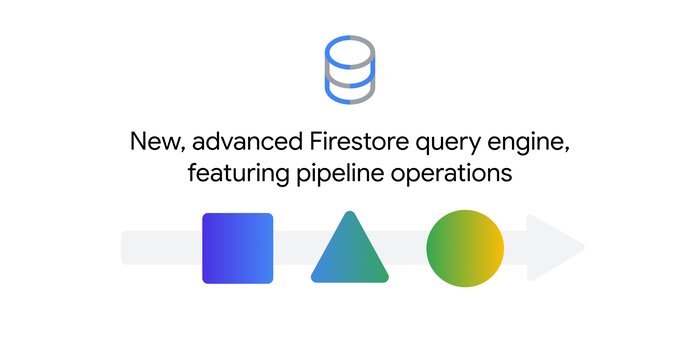Accelerate Google Cloud database migration assessments with EPAM’s migVisor
Paul Miller
Head of Data Management Solutions
Editor’s note: Today, we’re announcing the Database Migration Assessment and partnership with software development company EPAM, allowing Google Cloud customers access to migVisor to conduct a database migration assessment.
Today, we’re announcing our latest offering—the Database Migration Assessment—a Google Cloud-led project to help customers accelerate their deployment to Google Cloud databases with a free evaluation of their environment.
A comprehensive approach to database migrations
In 2021, Google Cloud continues to double down on its database migration and modernization strategy to help our customers de-risk their journey to the cloud. In this blog, we share our comprehensive migration offering that includes people expertise, processes, and technology.
People: Google Cloud’s Database Migration and Modernization Delivery Center is led by Google Database Experts who have strong database migration skills and a deep understanding of how to deploy on Google Cloud databases for maximum performance, reliability, and improved total cost of ownership (TCO).
Process: We’ve standardized an approach to assessing databases which streamlines migrating and modernizing data-centric workloads. This process shortens the duration of migrations and reduces the risk of migrating production databases. Our migration methodology addresses priority use cases such as: zero-downtime, heterogeneous, and non-intrusive serverless migrations. This combined with a clear path to database optimization using Cloud SQL Insights, gives customers a complete assessment-to-migration solution.
Technology: Customers can use third-party tools like migVisor to do assessments for free as well as use native Google Cloud tools like Database Migration Service (DMS) to de-risk migrations and accelerate their biggest projects.
This assessment helped us de-risk migration plans, with phases focused on migration, modernization and transformation. The assessment output has become the source of truth for us and we continuously refer to it as we make plans for the future.
Vismay Thakkar, VP of infrastructure, Backcountry
Accelerate database migration assessments with migVisor from EPAM
To automate the assessment phase, we’ve partnered with EPAM, a provider with strategic specialization in database and application modernization solutions. Their Database Migration Assessment tool migVisor is a first-of-its-kind cloud database migration assessment product that helps companies analyze database workloads and generate a visual cloud migration roadmap that identifies potential quick wins as well as areas of challenge. migVisor will be made available to customers and partners, allowing for the acceleration of migration timelines for Oracle, Microsoft SQL Server, PostgreSQL and MySQL databases to Google Cloud databases.
“We believe that by incorporating migVisor as part of our key solution offering for cloud database migrations and enabling our customers to leverage it early on in the migration process, they can complete their migrations in a more cost-effective, optimized and successful way. For us, migVisor is a key differentiating factor when compared to other cloud providers” –Paul Miller, Database Solutions, Google Cloud
migVisor helps identify the best migration path for each database, using sophisticated scoring logic to rank databases according to the complexity of migrating to a cloud-centric technology stack. Users get a customized migration roadmap to help in planning.
Backcountry is one such customer who embraced migVisor by EPAM. “Backcountry is on a technology upgrade cycle and is keen to realize the benefit of moving to a fully managed cloud database. Google Cloud has been an awesome partner in helping us on this journey,” says Vismay Thakkar, VP of infrastructure, Backcountry. “We used Google’s offer for a complete Database Migration Assessment and it gave us a comprehensive understanding of our current deployment, migration cost and time, and post-migration opex. The assessment featured an automated process with rich migration complexity dashboards generated for individual databases with migVisor.”
A smart approach to database modernization
We know a customer’s migration path from on-premises databases to managed cloud database services ranges in complexity, but even the most straightforward migration requires careful evaluation and planning. Customer database environments often leverage database technologies from multiple vendors, across different versions, and can run into thousands of deployments. This makes manual assessment cumbersome and error prone. migVisor offers users a simple, automated collection tool to analyze metadata across multiple database types, assess migration complexity, and provide a roadmap to carry out phased migrations, thus reducing risk.




“Migrating out of commercial and expensive database engines is one of the key pillars and tangible incentive for reducing TCO as part of a cloud migration project,” says Yair Rozilio, senior director of cloud data solutions, EPAM. “We created migVisor to overcome the bottleneck and lack of precision the database assessment process brings to most cloud migrations. migVisor helps our customers easily identify which databases provide the quickest path to the cloud, which enables companies to drastically cut on-premises database licensing and operational expenses."
Get started today
Using the Database Migration Assessment, customers will be able to better plan migrations, reduce risk and missteps, identify quick wins for TCO reduction, and review migration complexities and appropriately plan out the migration phases for best outcomes.
Learn more about the Database Migration Assessment and how it can help customers reduce the complexity of migrating databases to Google Cloud.



